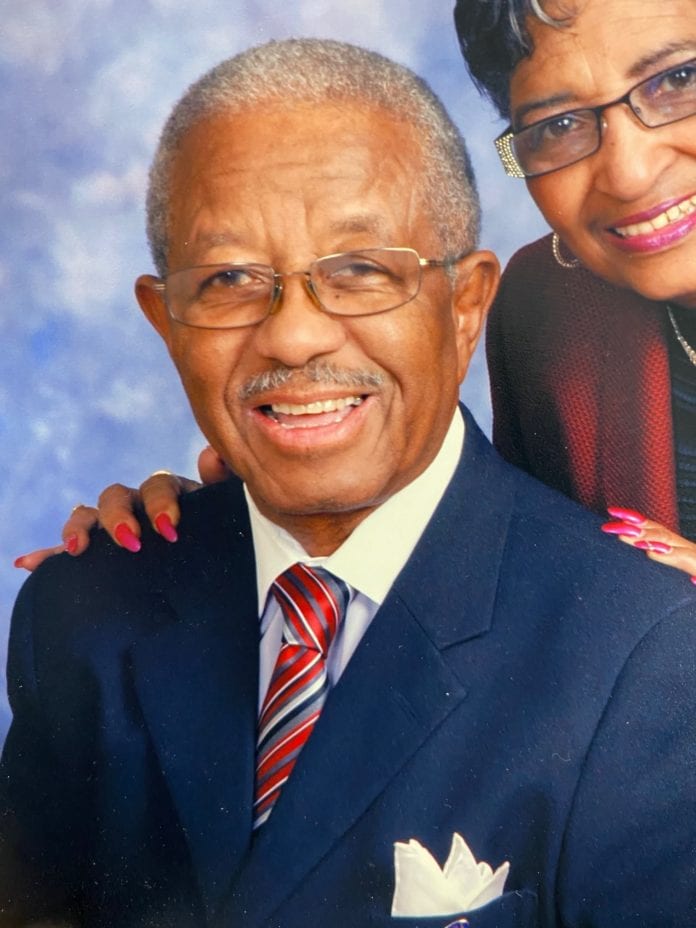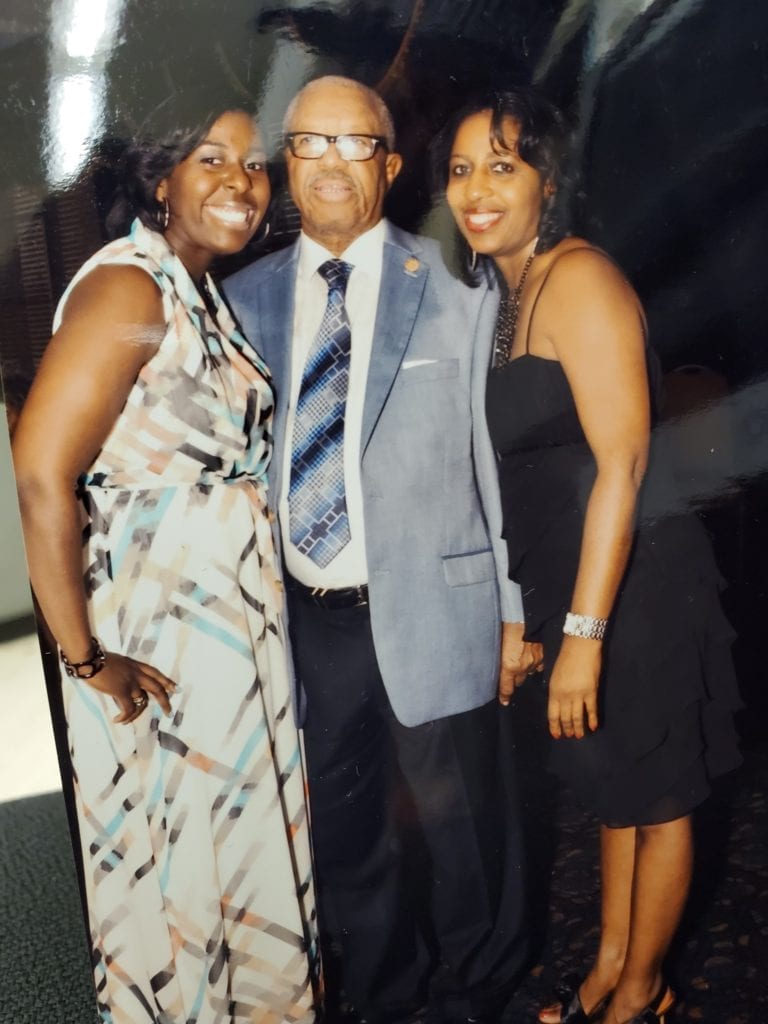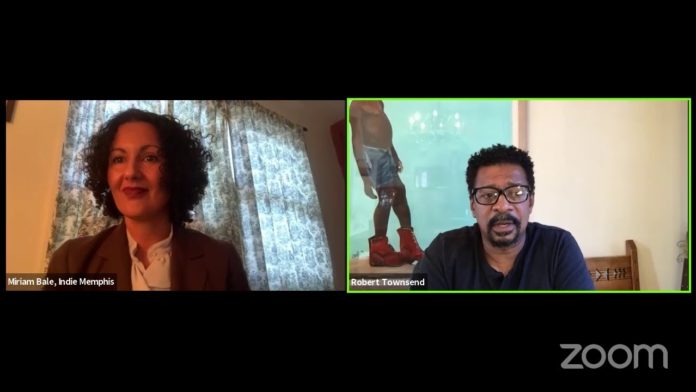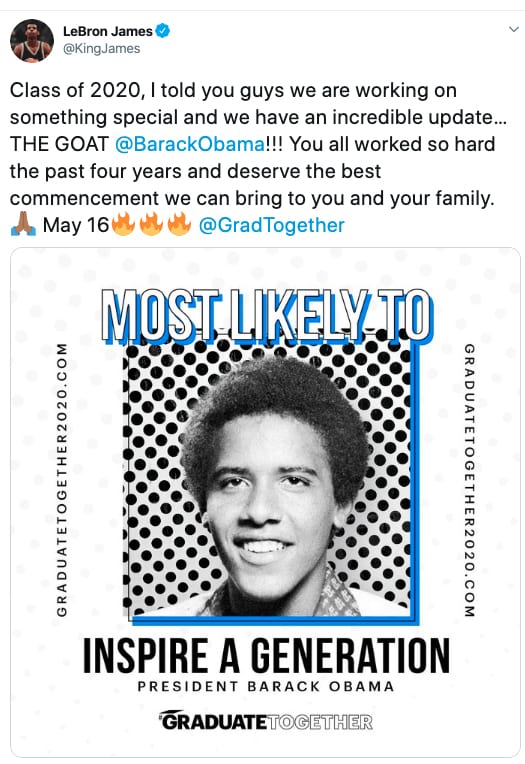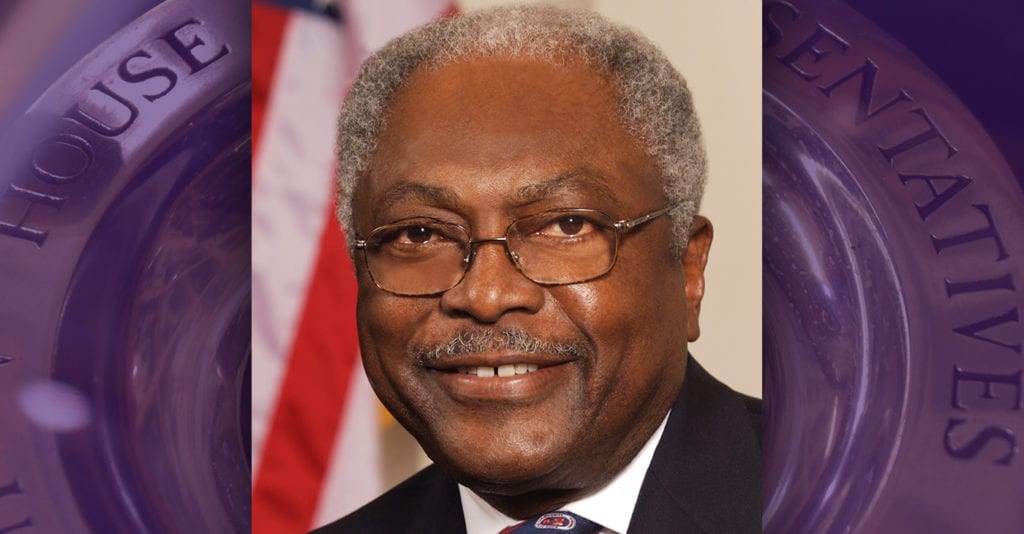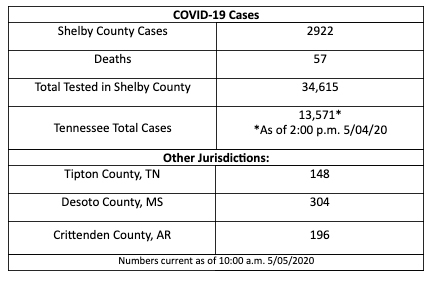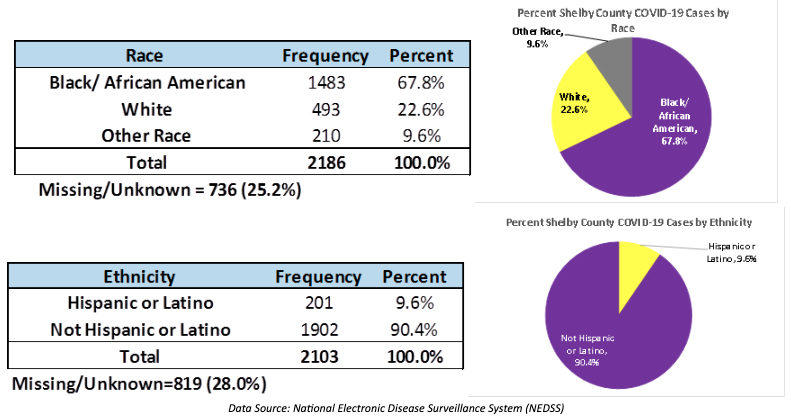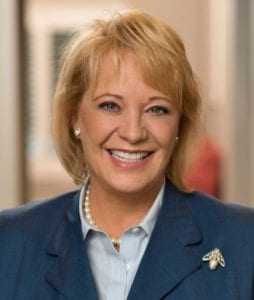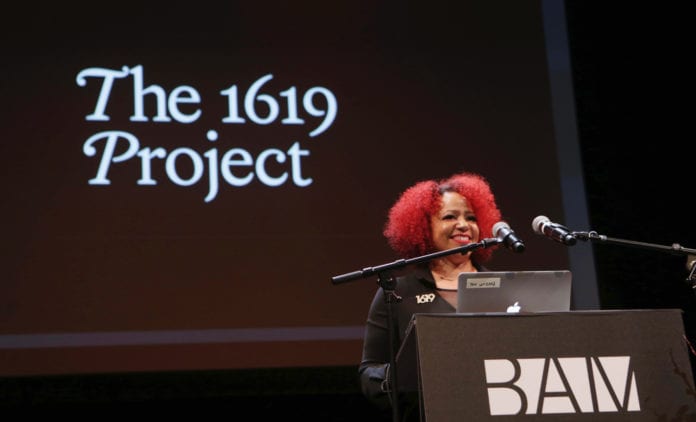Shelby County Mayor Lee Harris and his team of administrators is set to meet with the Shelby County Board of Commissioners on Friday in pursuit of a budget agreement.

Harris is warning of potential county layoffs after the commission rejected his wheel tax proposal on Monday. A balanced budget must be completed by July 1st, the start of the new fiscal year.
According to Harris, the proposed $16.50 wheel tax increase was needed to balance the county’s $1.4 billion operating budget. The increase was expected to generate at least $10.5 million in needed revenue to equalize the 2021 fiscal budget, set to go into effect July 1. Without it, the Mayor said the County could be in trouble.
“My fear is that these decisions by the County Commission will ultimately lead to layoffs,” Harris said after the meeting. “We are estimating that up to 144 county jobs will be put in jeopardy if the Commission cannot find a replacement revenue source for the $10.5 million that the Commission took out of the budget.”
In an overwhelming defeat, only three commissioners voted in favor of Harris’ proposal during the virtual meeting, Monday: Commissioners Mickell Lowery, Reginald Milton and Van Turner.
Turner told his fellow commission members before the vote that they should leave all options on the table and that he feared opposing Harris’ plan would mean ‘somebody won’t eat.’
“We’re having to make significant calls as it relates to the budget,” Turner said. “We’re not just cutting the fat. We’re cutting jobs. We’re cutting away the ability for these people to provide for their family.”

The monetary county discussions have caused a stir this budget season. On April 28, after hours of debate between commissioners and Harris’ administration, the conversation turned personal between Harris and Commissioner Edmund Ford Jr. The sparring of words occurred after Ford referred to the mayor’s plan as “garbage.”
“You’re good at messing up stuff and leaving,” he told Harris. “And I’m not going to let you do that with the Shelby County budget.”
Harris said that Ford has always held a personal grievance against him, allowing it to stand in the way of his proposals, including MATA funding – something Harris has pushed for since taking office in 2018.
Earlier this year, Harris proposed a $20 wheel tax to fund the city’s transportation authority. The measure also failed to be approved by the commission.
Ford has denied Harris’ claim and doubled down on his disdain for the wheel tax increase at Monday’s commission meeting.
“I’ve said it before, and I’ll say it again. I will not vote for this,” Ford said before pointing out that many of the community members in his district oppose the tax. “I’ve spoken to a lot of constituents in my district and despite popular opinion they appreciate my leadership on this matter.”
Other commissioners made similar statements as Ford saying that the constituents in their districts also opposed the increase.
But Harris said without it the commission will have to figure out a way to supplement the plan in order to balance the budget and prevent massive layoffs.
Although the county is set to receive Relief Funding through the CARES Act due to the COVID-19 pandemic, it won’t cover the full burden of the budget’s deficit.
Still, commissioners said the current health crisis is another reason why they can’t raise taxes on residents.
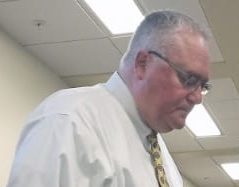
“I cannot in good conscience approve a $16.50 increase in the wheel tax,” Commission Chairman Mark Billingsley said. “It’s crucial that Shelby County decrease expenses and not put a further burden on taxpayers who are already suffering with furloughs and pay cuts.”
Harris said his proposal for a lean and balanced budget has always been with the residents of Shelby County in mind; but the funds must come from somewhere in order to prevent county-wide layoffs.
“I’m not sure where the Commission will find $10.5 million to resolve the budget hole created by their action today. But, I do know that now is not the time to put up to 144 jobs, and the families who depend on those jobs, in jeopardy.”




